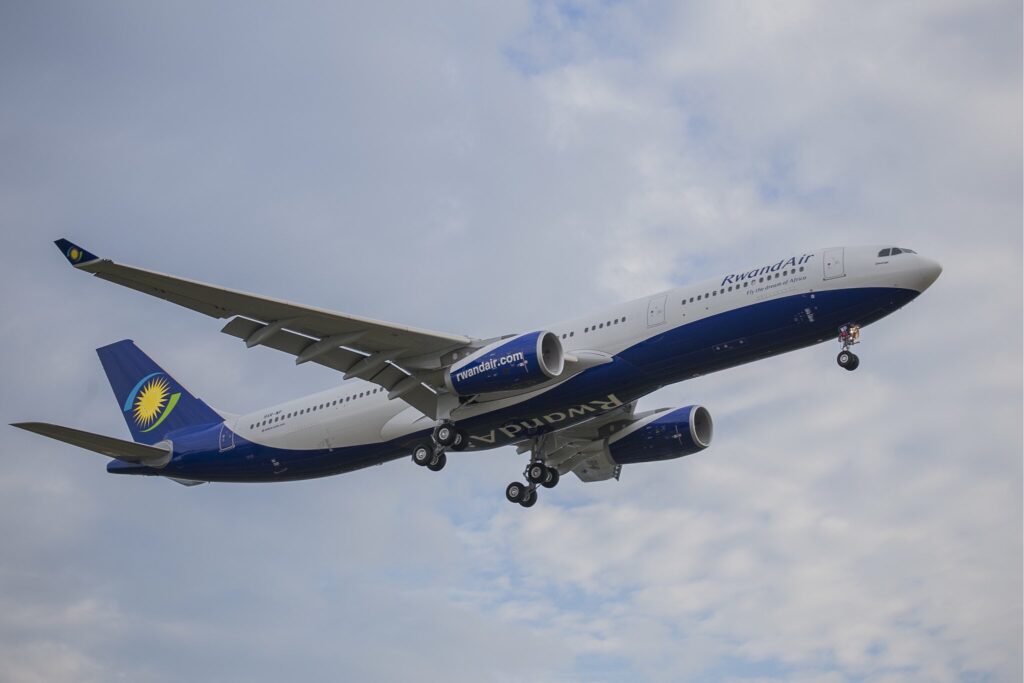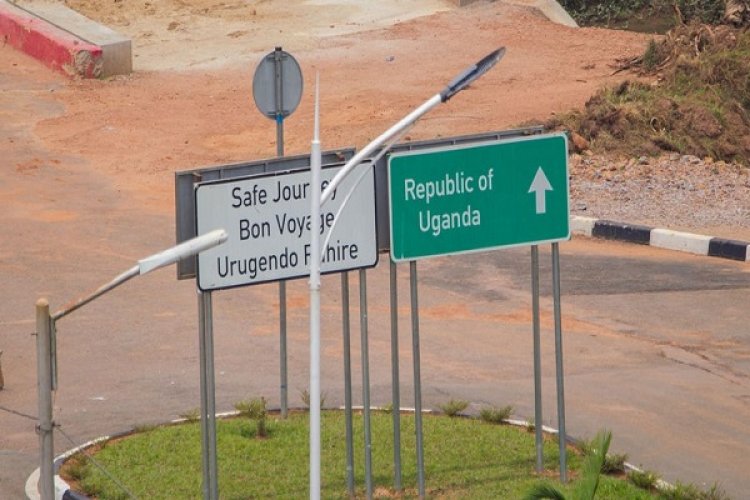In a bid to nab criminals and people of interest, like those on sanctions and travel bans or on national and Interpol wanted lists, Rwanda is moving to compel airlines to share passenger and crew details ahead of arrival.
Under a Bill before Parliament, the government seeks to make it mandatory for airlines with passengers destined for the country or those in transit to submit their records to customs authorities for preclearance.
The data can be accessed by other State organs in charge of prevention, detection, investigation or prosecution of terrorist offences or serious crimes for further scrutiny.
Customs authorities can equally share the data to a third country when it is essential to respond to a specific and actual threat related to terrorist offences or serious crimes.
“The absence of the law governing the matter [Advance Passenger Information and Passenger Name Record System], has an impact on border control agencies (…) they use the details for screening against available databases and can identify passengers and crew of interest including those subject to United Nations Security Council sanctions lists and travel bans or on national and Interpol watch lists,” reads the explanatory note attached to the Bill before Parliament.
The Ministry in charge of immigration and emigration will, upon passing of the legislation, issue the order determining the time within which airlines are supposed to share the details prior to departure. It will also determine sanctions in case of non-compliance.
Data privacy
Rwanda is equally moving to enforce its 2021 data protection and privacy law starting next month [October] and government hopes the legislation will serve as a basis to negotiate with countries and organisations that are so strict on personal data protection like European Union to let their transport carriers transmit the data to Rwanda.
Also read: What to expect when Rwanda’s data privacy rules take effect
If the new law is passed, Rwanda will join a long list of countries that so far require travel operators to share passenger details such as names, nationality, itinerary, and other information held in their systems ahead of departure.
The International Air Transport Association (IATA) indicates that over 90 countries, largely from the West and Asia, now require airlines to send these details before the flight’s arrival.
According to Streamlane, a France-based firm working with governments to secure their borders against international terrorism and serious crime, the practice serves as a “very powerful tool for States and international police to capture criminals, terrorists, and identify suspicious behaviour
Streamlane points to cases where States’ customs agencies may tell the airline that one particular passenger is not allowed to depart the origin country. Alternatively, customs authotrities may alert police in their own country, who can apprehend a suspect when they arrive on the territory.”
The practice serves as a very powerful tool for States and international police to capture criminals, terrorists, and identify suspicious behaviour.
Streamlane
Customs agencies may also rely on the data to flag up individuals who have previously overstayed on their visa, people who have a criminal record, or anyone who is believed to pose a national security threat.










